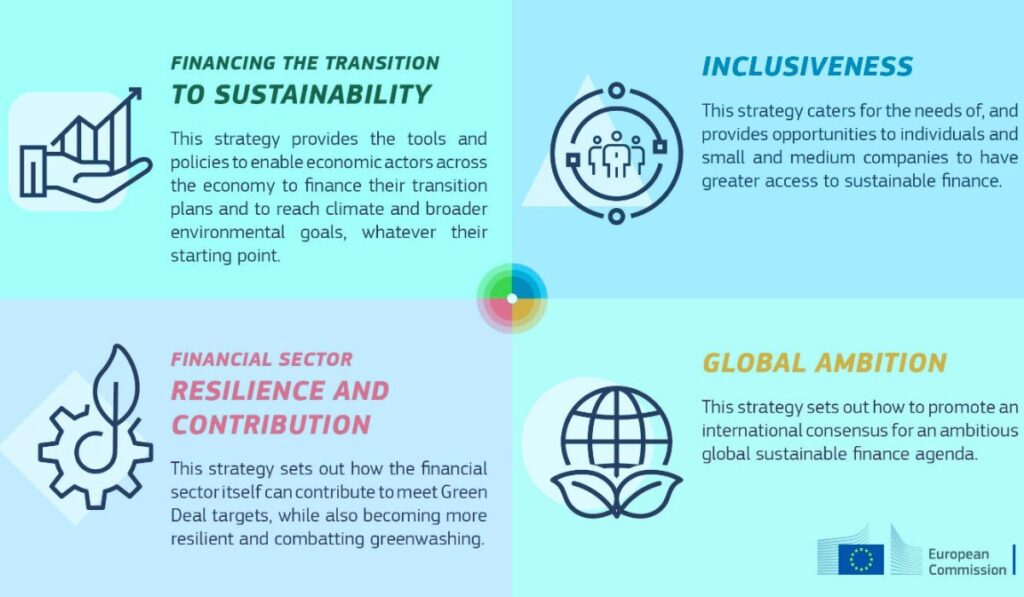Introduction
In the wake of escalating climate crises and growing environmental degradation, the call for sustainable practices and policies has never been more urgent. The Green Agenda represents a comprehensive approach to addressing these challenges, offering strategies for environmental renewal that prioritize conservation, renewable energy, and eco-friendly initiatives. In this article, we explore key components of the Green Agenda and examine how individuals, communities, and governments can work together to foster a healthier planet for future generations.
- Conservation and Preservation: At the heart of the Green Agenda lies the principle of conservation and preservation of natural resources. This involves protecting ecosystems, biodiversity, and endangered species through designated conservation areas, wildlife sanctuaries, and marine reserves. Conservation efforts also extend to sustainable forestry practices, responsible land management, and the preservation of critical habitats such as rainforests, wetlands, and coral reefs. By safeguarding these vital ecosystems, we can maintain ecological balance and mitigate the impacts of climate change.
- Transition to Renewable Energy: Central to the Green Agenda is the transition from fossil fuels to renewable energy sources such as solar, wind, and hydroelectric power. This shift not only reduces greenhouse gas emissions but also promotes energy independence and resilience. Investing in renewable energy infrastructure, incentivizing clean energy technologies, and phasing out subsidies for fossil fuels are key strategies for accelerating this transition. By harnessing the power of renewable resources, we can mitigate climate change, improve air quality, and create new economic opportunities in the green energy sector.
- Sustainable Agriculture and Food Systems: Agriculture is a significant contributor to environmental degradation, accounting for deforestation, soil erosion, and water pollution. The Green Agenda advocates for sustainable farming practices that prioritize soil health, water conservation, and biodiversity conservation. This includes organic farming, agroforestry, and permaculture techniques that minimize chemical inputs and enhance ecosystem resilience. Additionally, promoting plant-based diets and reducing food waste can help mitigate the environmental impact of food production and distribution, while ensuring food security for all.
- Circular Economy and Waste Reduction: The concept of a circular economy lies at the core of the Green Agenda, aiming to eliminate waste and promote resource efficiency throughout the product lifecycle. This involves designing products for durability, reuse, and recycling, as well as implementing extended producer responsibility schemes and incentivizing eco-friendly consumption habits. By reducing waste generation, conserving resources, and closing the loop on material flows, we can minimize environmental pollution and alleviate pressure on landfills and natural ecosystems.
- Sustainable Transportation and Urban Planning: Transportation accounts for a significant portion of global carbon emissions, making sustainable mobility a key priority within the Green Agenda. This entails promoting public transit, cycling, and walking infrastructure, as well as transitioning to electric vehicles and alternative fuels. Furthermore, sustainable urban planning and design can enhance livability, reduce congestion, and promote active lifestyles while minimizing the ecological footprint of cities. By prioritizing low-carbon transportation solutions and compact, mixed-use development, we can create more resilient and sustainable communities.
Conclusion
The Green Agenda offers a roadmap for environmental renewal and sustainable development, emphasizing the interconnectedness of ecological health, human well-being, and economic prosperity. By embracing conservation, renewable energy, sustainable agriculture, circular economy principles, and green transportation solutions, we can collectively address the urgent challenges posed by climate change and environmental degradation. Through collaboration between governments, businesses, civil society, and individuals, we can build a greener, more sustainable future for all.


